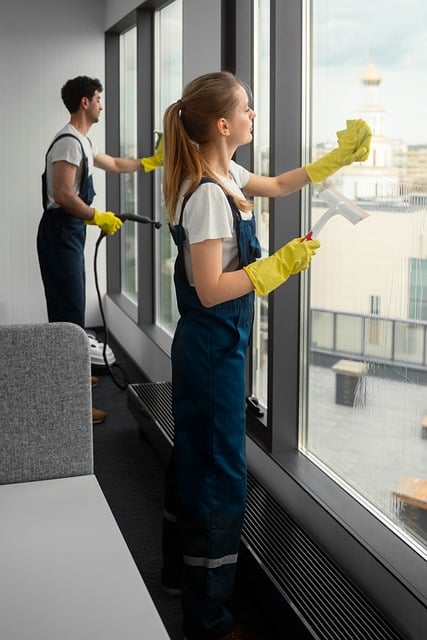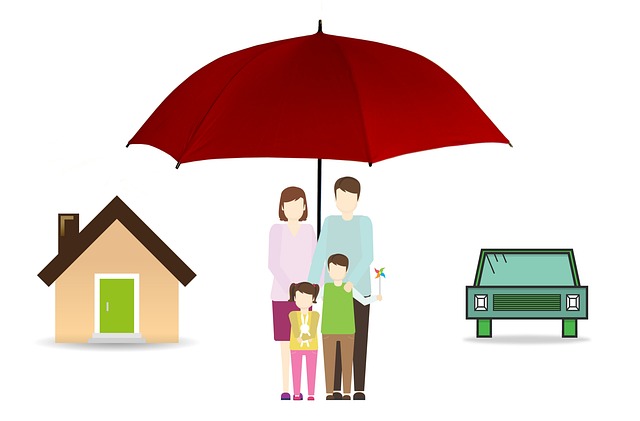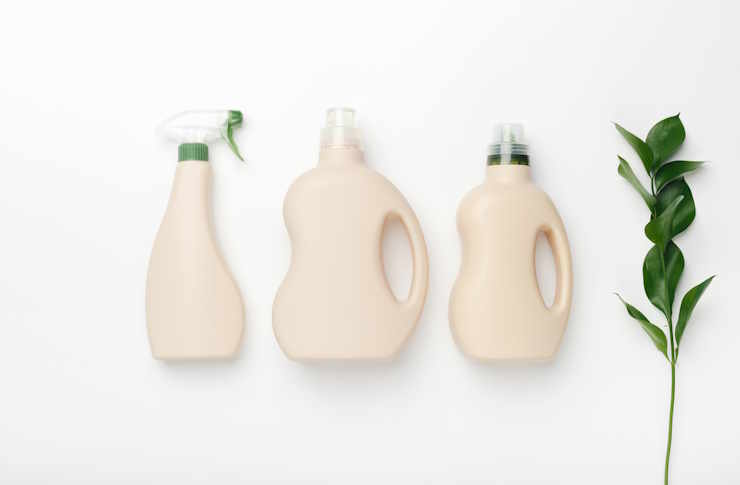Exploring Career Opportunities in the Cleaning Industry
The cleaning industry offers diverse employment opportunities across residential, commercial, and specialized sectors. With varying skill requirements and compensation structures, cleaning jobs can provide stable income and flexible schedules for workers at different experience levels. From entry-level positions requiring minimal training to specialized roles demanding certification and extensive experience, the cleaning sector encompasses a wide spectrum of career paths with different salary potentials and advancement opportunities.

Types of Cleaning Jobs Available in Today’s Market
The cleaning industry encompasses numerous specialized roles beyond general housekeeping. Residential cleaners typically work in private homes, handling routine cleaning tasks like dusting, vacuuming, and bathroom sanitization. Commercial cleaners maintain office buildings, retail spaces, and other business environments, often working during off-hours. Industrial cleaning specialists handle challenging environments like factories and warehouses, frequently requiring knowledge of specialized equipment and safety protocols.
Specialized cleaning roles include carpet cleaning technicians, window washers focusing on high-rise buildings, and post-construction cleaners who remove debris and prepare newly built spaces for occupancy. Environmental services technicians in healthcare settings follow strict protocols for infection control, while disaster restoration specialists clean and restore properties after fires, floods, or other emergencies.
Self-employment is also common in the cleaning industry, with many professionals establishing their own independent cleaning businesses after gaining experience.
Average Salaries of Cleaning Jobs Across Different Sectors
Compensation in the cleaning industry varies significantly based on factors including job type, experience level, location, and employer. Entry-level residential cleaners typically earn hourly wages ranging from $10-15, while experienced professionals or those working with high-end clients may command $20-30 per hour.
Commercial cleaning positions often provide more consistent schedules with starting wages of $12-18 per hour. Supervisory roles in commercial cleaning can earn $30,000-45,000 annually depending on the facility size and responsibilities.
Specialized cleaning roles generally offer higher compensation due to required training or certifications. Hospital environmental services technicians earn approximately $25,000-35,000 annually, while hazardous materials cleaners can earn $40,000-60,000 depending on certification levels and exposure risks.
Self-employed cleaning professionals typically set their own rates, with established cleaning business owners potentially earning $40,000-75,000 annually after expenses, depending on their client base and service offerings.
Prices, rates, or cost estimates mentioned in this article are based on the latest available information but may change over time. Independent research is advised before making financial decisions.
Leading Cleaning Companies and Employment Opportunities
The cleaning industry includes large national corporations, regional companies, and small local businesses offering different employment experiences. Major commercial cleaning corporations like ABM Industries, ServiceMaster Clean, and Jani-King employ thousands of workers across multiple locations, often providing structured advancement paths and benefits packages for full-time employees.
Mid-sized regional cleaning companies typically serve specific metropolitan areas, offering more personalized employment experiences while maintaining professional standards and training programs. These companies often provide a balance between corporate stability and workplace flexibility.
Small local cleaning businesses and independent contractors make up a significant portion of the industry, particularly in residential cleaning. While these positions may offer fewer formal benefits, they frequently provide flexible scheduling, closer relationships with clients, and opportunities to develop specialized skills.
Franchise opportunities also exist with brands like Merry Maids, The Cleaning Authority, and Molly Maid, allowing entrepreneurs to establish businesses with established training systems and brand recognition.
Work in Different Types of Cleaning Services: Skills and Requirements
Success in cleaning roles requires specific skills and attributes regardless of the specific sector. Physical stamina and dexterity are essential as most cleaning positions involve considerable standing, bending, lifting, and repetitive movements. Attention to detail ensures consistently thorough results, while time management skills help professionals complete assigned tasks within scheduled timeframes.
Technical knowledge requirements vary by specialization. Residential cleaners need familiarity with household cleaning products and techniques for various surfaces. Commercial cleaners must understand proper protocols for different business environments and often operate specialized equipment like floor buffers or industrial vacuum systems.
Specialized roles require additional skills: crime scene cleaners need biohazard training and emotional resilience, healthcare environmental services staff must understand infection control protocols, and restoration specialists require knowledge of water extraction, smoke remediation, and mold prevention techniques.
Customer service skills benefit cleaning professionals who interact with clients, while those in supervisory positions need additional leadership abilities, scheduling expertise, and inventory management knowledge.
Career Advancement Paths in the Cleaning Industry
The cleaning industry offers several advancement pathways for dedicated professionals. Many begin in entry-level positions and progress to team leader or supervisor roles, overseeing other cleaners and handling client communications. With experience, advancement to management positions becomes possible, particularly in larger organizations.
Specialization provides another advancement route, with professionals developing expertise in niches like carpet cleaning, window washing, or restoration services that command higher pay rates. Certifications from organizations like the International Sanitary Supply Association (ISSA) or the Institute of Inspection, Cleaning and Restoration Certification (IICRC) can enhance credibility and earning potential.
Entrepreneurship represents a common advancement path, with experienced cleaners establishing independent businesses or purchasing franchises after learning the industry. Business owners can scale operations by hiring employees and expanding service offerings.
Lateral movement between residential, commercial, and specialized cleaning sectors allows professionals to find the working environment best suited to their preferences and skills while building diverse experience that can lead to future opportunities.
Benefits and Challenges of Working in Cleaning Services
Cleaning positions offer several advantages, including relatively low barriers to entry for those without extensive education or experience. Many positions provide schedule flexibility, particularly in residential cleaning, allowing workers to balance professional and personal responsibilities. The industry also offers considerable job stability, as cleaning services remain essential across economic conditions.
Physical activity throughout the workday appeals to those who prefer active employment over sedentary office work. Many cleaning professionals also appreciate the tangible results of their efforts and the positive impact they make on clients’ environments.
However, challenges exist within the industry. Physical demands can lead to fatigue or repetitive strain injuries without proper techniques and self-care. Some cleaning positions involve exposure to chemicals, allergens, or occasionally biohazards requiring appropriate safety precautions. Public perception sometimes undervalues cleaning work despite its essential nature.
Variable schedules in some sectors may result in irregular income, particularly for part-time or on-call positions. Workers may also need to accommodate evening, weekend, or holiday shifts depending on client needs and facility accessibility.




